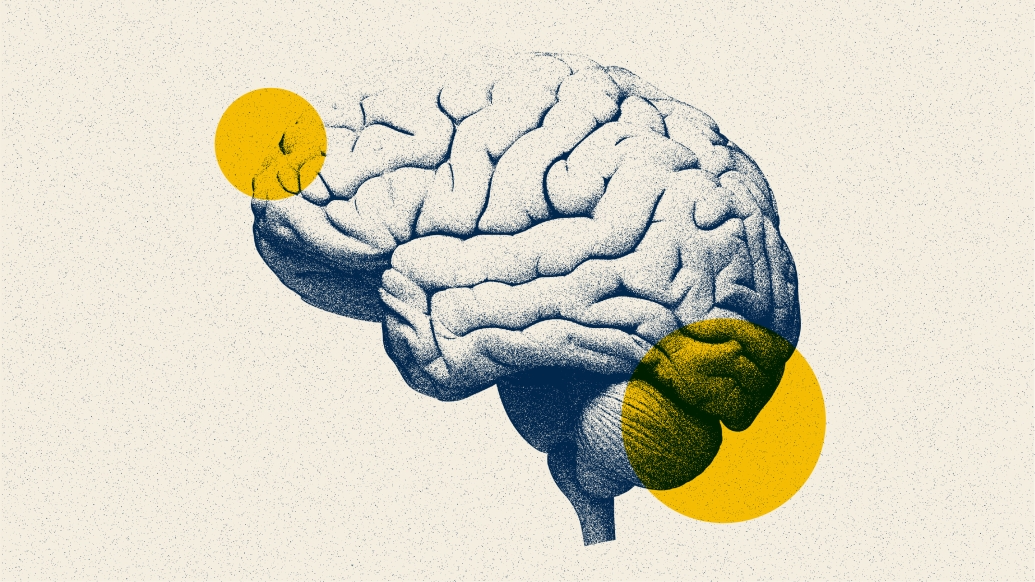Post-traumatic stress worse among Mexican American caregivers compared to white caregivers.
4:00 PM
Author |

Stroke is an abrupt, devastating disease that instantly changes a person’s life and can cause lasting disability or death. However, the condition also has profound effects on the patient’s loved ones — who are often called to make difficult decisions quickly.
A new study led by Michigan Medicine finds that nearly 30% of caregivers of severe stroke patients experience high levels of anxiety, depression or post-traumatic stress during the first year after the patient leaves the hospital.
The results are published in Neurology.
“As physicians, we usually concentrate on our patients, and it is important to recognize that caregivers may have long-term consequences from a loved one’s severe illness,” said Lewis Morgenstern, M.D., professor of neurology, neurosurgery and emergency medicine at University of Michigan Medical School and professor of epidemiology at the U-M School of Public Health.
“This research suggests that depression, anxiety and post-traumatic stress are common among family members who make life and death decisions for their loved ones who are very sick. Post-traumatic stress may be more common in Mexican American caregivers, who made up about two-thirds of the study population.”
In Nueces County, Texas, the prospective study enrolled stroke survivors and their surrogates who made decisions about life sustaining treatment after severe stroke between April 2016 and October 2020.
Between 17 and 28% of caregivers reported high scores on measures of psychological distress, which covered anxiety, depression and PTSD. Up to 16% of caregivers experienced all three conditions related to their role.
Post-traumatic stress was worse among Mexican American caregivers compared to white caregivers. Depression scores also improved more rapidly over time for white caregivers.
“There are important support systems for families in hospitals which include nurses, social workers and the patient’s medical team,” Morgenstern said.
“The role of family-centered care has received a lot of traction in recent years, and this research emphasizes how important that is.”
Additional authors include Christopher J. Becker, M.D., Carmen Ortiz, Guanghao Zhang, Kevin He, Ph.D., Erin Case, and Darin B. Zahuranec, M.D., all of University of Michigan, and Rebecca J. Lank, University of Iowa Carver College of Medicine.
This study was funded by NIH R01NS091112 and R01NS38916.
“Long-term psychological distress among surrogate decision makers for Mexican American and non-Hispanic White patients with severe stroke,” Neurology DOI: 10.1212/WNL.0000000000207960
Live your healthiest life: Get tips from top experts weekly. Subscribe to the Michigan Health blog newsletter
Headlines from the frontlines: The power of scientific discovery harnessed and delivered to your inbox every week. Subscribe to the Michigan Health Lab blog newsletter
Like Podcasts? Add the Michigan Medicine News Break on Spotify, Apple Podcasts or anywhere you listen to podcasts.

Explore a variety of health care news & stories by visiting the Health Lab home page for more articles.

Department of Communication at Michigan Medicine
Want top health & research news weekly? Sign up for Health Lab’s newsletters today!





